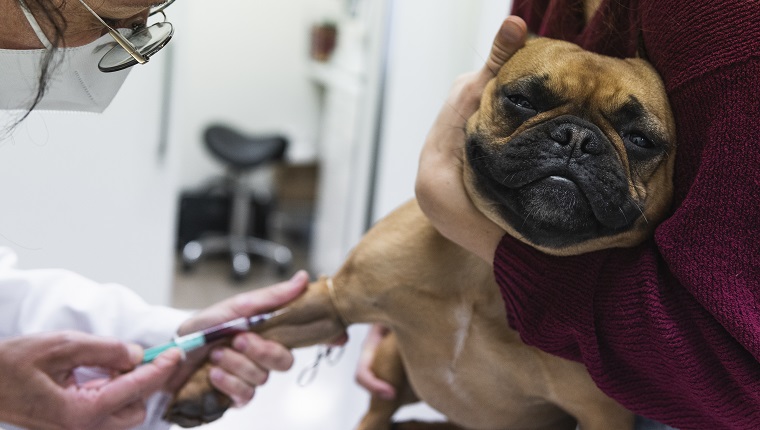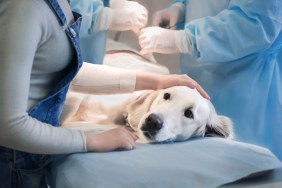Thrombocytopathies in dogs are medical conditions that affect the normal function of a dog’s blood platelets. When blood platelets are unable to bind properly and clot, a dog can experience excessive bleeding.
This excessive bleeding often occurs in the mouth, nose, ears, and anus. These conditions can be either inherited or acquired.
If you see signs that your canine is suffering…









